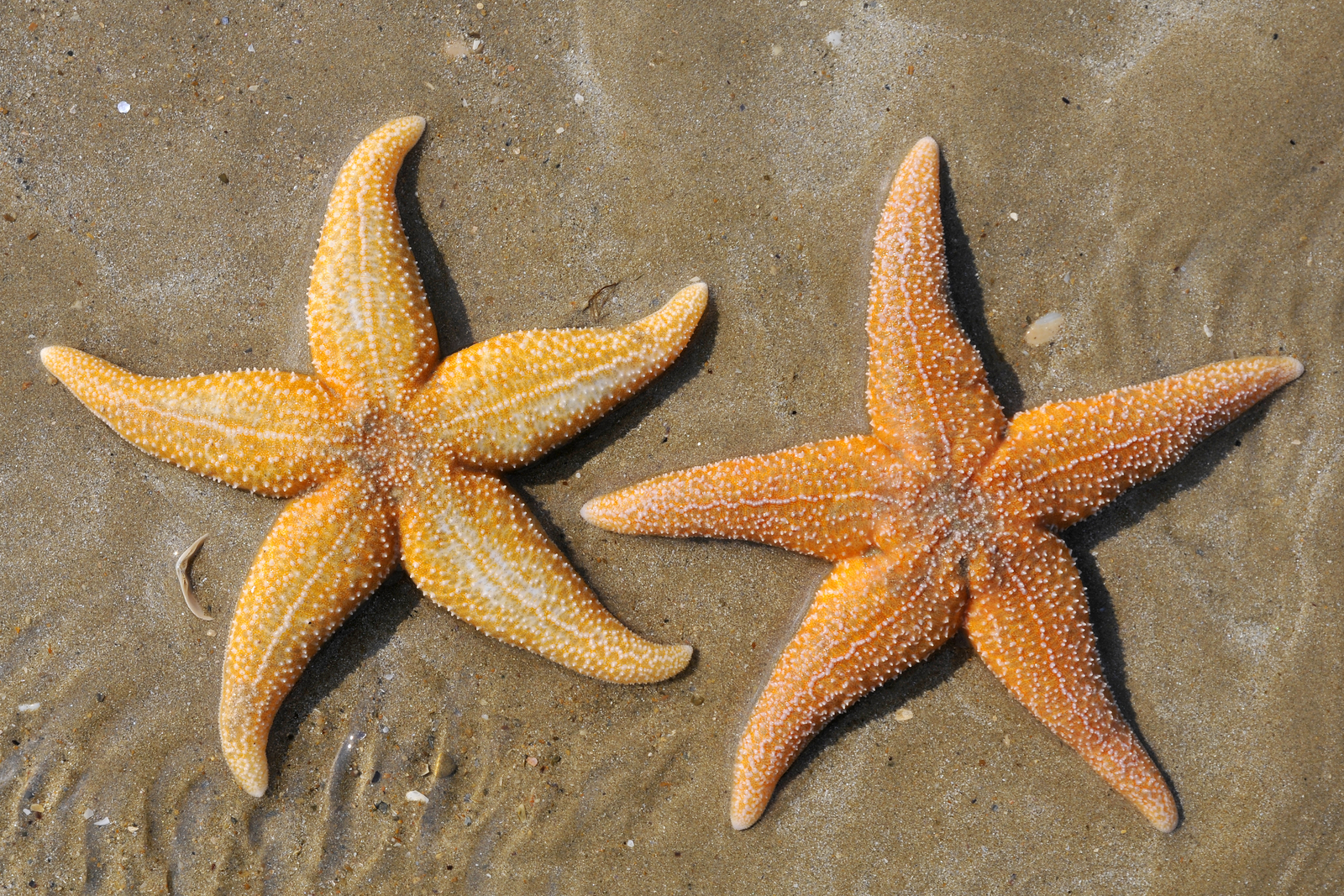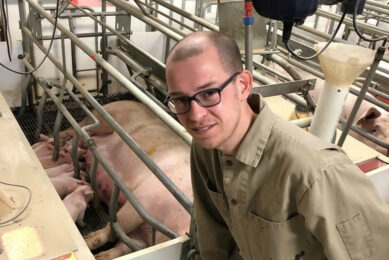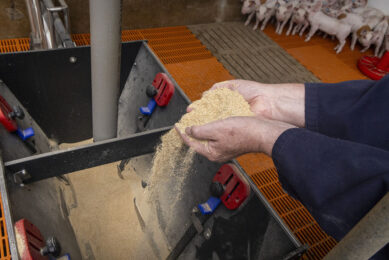Can piglets be fed on starfish meal?

[Photo: Shutterstock
In aquaculture, starfish are often considered a nuisance. However they could prove to be worthwhile in other sections of animal production. Danish researchers tried feeding starfish meal to just-weaned piglets and discovered possibilities.
A frequent complaint by Danish mussel fishermen is that their catch is contaminated by 5-armed bandits. Starfish love mussels and for that reason they are often caught together with mussels, if they haven’t already eaten them all.
What is a challenging issue for the mussel industry, might be an opportunity for Danish pig producers. After all, the entire livestock industry is looking for novel protein sources. In Denmark the quest is even more urgent, as new rules for organic pig farming require that feed must be 100% from organic origin by December 2017.
For more information on alternative protein sources see New Proteins
High quality proteins
Starfish do consist of high quality protein due to the composition of indispensable amino acids. In theory, feeding pigs on starfish meal therefore could lead to a reduction in nitrogen excretion and emission.
Researcher Jan Værum Nørgaard, associate professor at Aarhus University, Denmark, tells Pig Progress (a sister publication of All About Feed) that starfish were actually caught as late as during the 80s, but this stopped due to mad cow disease (BSE). He says, “Now the project partners seem to succeed in changing the EU legislation to allow starfish in animal diets. We hope this will happen during this summer.”
With ‘we’, Nørgaard refers to his university and its collaborating partners, being the Danish Shellfish Centre, the Mussel Fishing Association and animal nutrition company Agro Korn. Together they became ‘Starpro’ as and from 2014, a project that is funded by the Danish Ministry of Food, Agriculture and Fisheries.
Together with MSc student Pia Sørensen, Nørgaard started a trial to figure out what the effect would be of providing just-weaned piglets a diet including meal of common starfish (Asterias rubens), a breed amply found in the waters around Denmark. Trials were carried out in late 2014 in the university’s Research Centre Foulum, Denmark and were published in a recent article in Animal Feed Science and Technology.
Trial setup
The scientists formulated 4 diets to contain different protein sources: fish meal, extruded soybean meal, starfish meal at 50 g/kg and starfish meal at 100 g/kg. The piglets were tested on faeces characteristics, plasma parameters and performance. One week after weaning, 96 pigs with a body weight of roughly 9.6 kg were housed individually and allocated to one of the 4 diets and fed ad lib for a 14-day period.
The feed formulation with starfish meal at 100 g/kg was found to have several drawbacks. The animals fed on this diet had a 23-28% lower daily gain than pigs fed any of the other diets, although they ate similar amounts. Also, during blood tests, a wide Ca:P balance was found in this group, negatively affecting digestibility and absorption of phosphorus.
With feeding starfish meal at 50 g/kg, however, performance was observed to be equal to pigs fed the control diets.
The outcomes certainly set the stage for future steps. Nørgaard says, “We are currently taking in samples to document the seasonal variation in the chemical composition of starfish to allow an optimal time of catching the starfish. During this summer we hope to be allowed to carry out a full scale experiment with piglets under commercial conditions.”
He adds, “Furthermore, the Mussel Fishing Association is working on setting up a starfish meal factory when starfish is allowed as pig and poultry feed.”











